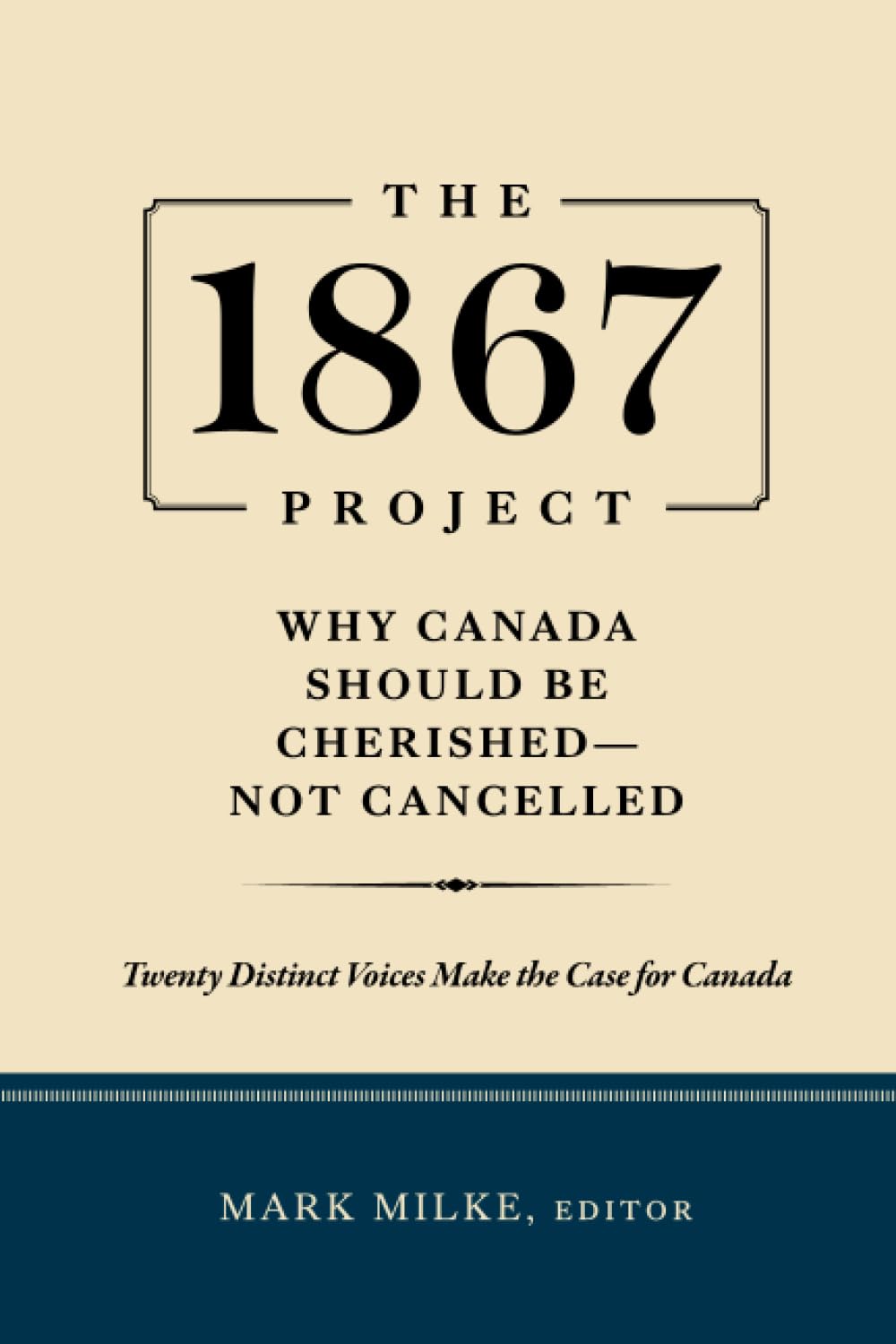Book Reviews

Welcome to the Book Review section of the Canada History Society website, where history comes alive through the written word. This dedicated space is your gateway to exploring insightful critiques and analyses of books that shape, challenge, and deepen our understanding of Canada’s past.
The 1867 Project - Macdonald

A Review of Sir John A. Macdonald saved more INdigenous lives...
Greg Piasetzki’s article, Sir John A. Macdonald Saved More Indigenous Lives than Any Other Prime Minister, in The 1867 Project, stands as a bold assertion of traditional historical analysis grounded in evidence rather than the ideological preoccupations of modern progressive narratives. In an era when many reinterpretations of Canada’s past are dominated by emotive rhetoric and political agendas, Piasetzki offers a return to fact-based historiography. His article meticulously examines primary sources, including government records, correspondence, and contemporary accounts, to present a compelling case for Macdonald’s role as a pragmatic leader who navigated the complexities of his time to save lives amidst the challenges of a young and struggling nation.
Central to Piasetzki’s argument is Macdonald’s response to the devastating famine that afflicted the Plains Indigenous peoples in the 1870s. With precision and reliance on documented events, the article outlines how Macdonald’s government implemented relief efforts that, despite their flaws, mitigated widespread starvation and disease. Piasetzki highlights that Macdonald recognized the moral imperative to act, even as he faced significant political and financial constraints. By prioritizing immediate relief, including the distribution of rations and medical aid, Macdonald averted what could have been an even greater humanitarian catastrophe. This narrative is supported by concrete examples of policy decisions and their life-saving impacts, eschewing the speculative and moralistic tone often employed in contemporary critiques of historical figures.
In sharp contrast to the progressive "woke" view, which frequently reduces Macdonald to a symbol of colonial oppression, Piasetzki presents a more balanced and evidence-based portrait. He addresses Macdonald’s leadership within the context of his time, acknowledging the imperfections of his policies without distorting their practical achievements. For instance, while modern critics focus almost exclusively on the introduction of the residential school system, Piasetzki contextualizes these decisions as part of a broader strategy to stabilize and develop the nascent Dominion of Canada. He argues, with substantial historical grounding, that the relief efforts Macdonald championed were unprecedented in their scope and demonstrated a commitment to preserving lives, even when it conflicted with the prevailing economic priorities of the day.
Piasetzki’s article further dismantles progressive narratives by highlighting the absence of a practical alternative in the historical moment Macdonald faced. By drawing on hard evidence, Piasetzki shows how the policies enacted under Macdonald’s leadership were not only reactive but also represented a calculated attempt to balance Indigenous welfare with the challenges of nation-building. This sober analysis undercuts the often anachronistic judgments applied to 19th-century leaders by modern critics who view historical figures through the narrow lens of contemporary morality.
One of the article’s strengths is its commitment to historical clarity. Piasetzki’s reliance on official reports and firsthand accounts leaves little room for ideological distortion. For example, he details how Macdonald’s administration coordinated relief during the famine despite opposition from segments of the public and Parliament who resented expenditures on Indigenous aid. By focusing on such documented realities, Piasetzki reclaims the historical narrative from speculative arguments that rely on ideological framing rather than factual substantiation.
While the article does not shy away from acknowledging the broader consequences of Macdonald’s policies, such as cultural assimilation efforts, it resists the tendency to reduce his legacy to a single dimension. Instead, it highlights the tangible outcomes of his leadership, particularly the lives saved during a period of crisis. This approach offers a refreshing departure from the progressive historiography that often prioritizes moral condemnation over historical understanding.
In the end, Piasetzki’s work is a much-needed corrective to the politicized interpretations of Canadian history that have gained traction in recent years. Sir John A. Macdonald Saved More Indigenous Lives than Any Other Prime Minister is not just a defence of Macdonald but a defence of solid, evidence-based history against the tide of ideological revisionism. It serves as a reminder that history, at its best, is grounded in facts, context, and nuance—not in the fleeting demands of political correctness. Piasetzki reclaims the discipline of history, urging readers to grapple with the realities of the past without succumbing to the distortions of present-day polemics.
________________________________________ Bibliographic Reference Dutil, P. (2023). Sir John A. Macdonald and the Apocalyptic Year 1885. Toronto: Dundurn Press.


